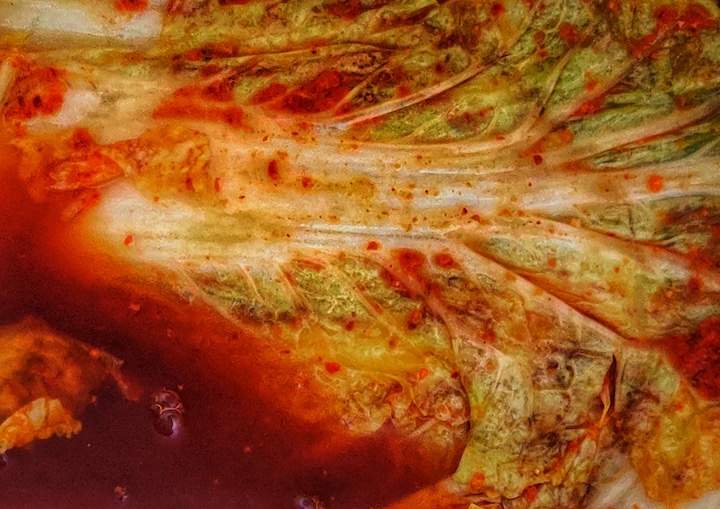The international research group “Off the Menu: Appetites, Culture, and Environment” is delighted to invite its first guest researcher to the University of Augsburg: Maya Hey. As part of her visit to Bavaria, Maya Hey will present a public lecture at the Rachel Carson Center in Munich on Wednesday 28 February 2024 (at 16:30), organized together with the RCC Fermentation Group, and a workshop at the WZU at the University of Augsburg on Thursday 29 February 2024 (from 10:00 to 17:30). All are welcome to participate in the workshop but spaces are limited, so please register by emailing sasha.gora@uni-a.de before Wednesday 7 February 2024. Registration is not required for the lecture.
“Sensoriography” will focus on the methods, tools, and documentation practices for multispecies ethnography. The first half of the workshop will gather, sample, and evaluate existing practices for conducting research with other organisms. The second half is more experimental, with sensory and immersive activities to spark discussions about how to process and store data after moments of multispecies encounter. By the end of the workshop, participants will have engaged with a range of methods and have a series of written reflections as tangible takeaways. Participants will be asked to bring an artifact that represents their multispecies research.
Maya Hey (https://heymayahey.com/) is an expert on human–microbe relations in food settings, with degrees in dietetics, food studies, and communications. She is currently a postdoctoral researcher with the Centre for the Social Study of Microbes at the University of Helsinki (https://www.socialmicrobes.org/). There, she focuses on fermentation as a hands-on practice for knowing microbes and working with them. Her current research has three aspects: (1) developing embodied and sensory methods to detect microbes; (2) studying the intersection of ferments and health/sustainability rhetoric; and (3) theorising the gut as a mediator for human–microbe relationships. Her work experience spans preschools, chemistry labs, commercial kitchens, organic farms, food banks, and retail markets, where she has gathered over 15 years of experience facilitating discussions about contemporary food and health issues. She leads the group fff|food feminism fermentation (http://www.foodfeminismfermentation.com/) and is passionate about pedagogy.


